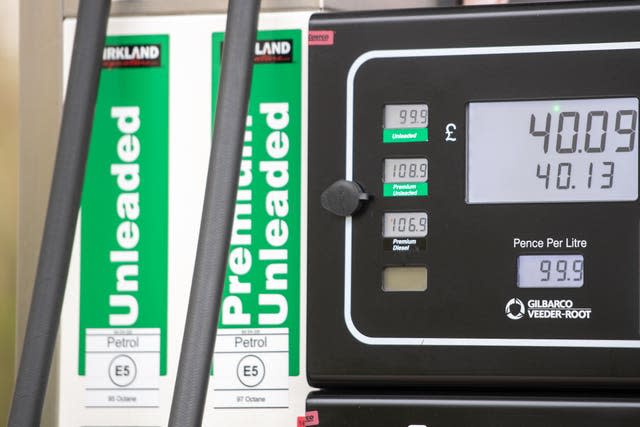What is E10 petrol?
You might have seen in the news today that the government has confirmed that E10 petrol is coming to fuel stations from September.
It will replace E5 petrol in regular pumps, though that will still remain in premium pumps, because not all cars can take the new fuel.
So what exactly does E10 mean and what do you need to know about it? Read on to find out…
So what exactly is E10 petrol?
E10 is a standard of petrol that contains up to 10 per cent ethanol. Currently in the UK we use E5, which means there is up to five per cent ethanol content.

This fuel change is not a new concept, though, with E10 being available in countries all over Europe, as well as the US and Australia.
Why the change?
The government is keen to reduce the emissions from road vehicles, with the 2030 ban on the sale of new petrol and diesel cars the headline act.
However, in the shorter term, introducing a higher ethanol count to petrol will help to reduce emissions from petrol vehicles that are already on the road. The government reckons introducing E10 is equivalent to taking 350,000 cars off the road.
What emissions are affected?
There are two types of vehicle emissions that cause concern – ‘local’ emissions that impact air quality, and greenhouse gases such as CO2 that contribute to climate change.
Adding ethanol to fuels mainly reduces overall CO2 emissions but doesn’t do much to combat air quality.
Can my car take E10?
For the vast majority of cars on UK roads the answer is yes. However, vehicles built before 2002 were not designed for such a high ethanol content, so it can cause damage. Some experts have raised concerns about this, with Simon Williams of the RAC saying this could affect up to 700,000 cars, adding: “It’s vital that anyone with an older vehicle gets the message about the switch otherwise they could end up with a big repair bill.”
For what it’s worth, the government does appear to be conscious of this, saying it will keep premium fuels as E5 for now, giving owners of older cars a choice. However, this tends to cost considerably more than the standard fuels and could cause issues for those driving in rural areas where E5 might be harder to come by.

 Yahoo News
Yahoo News 